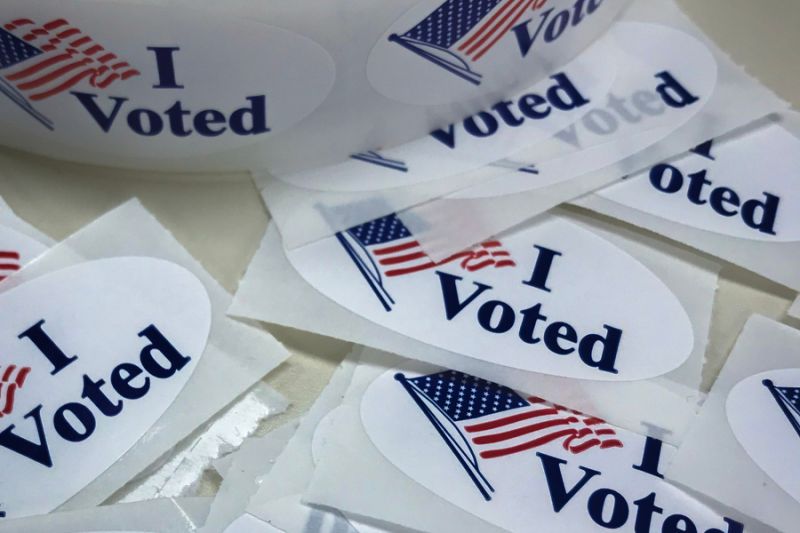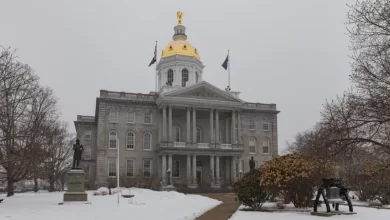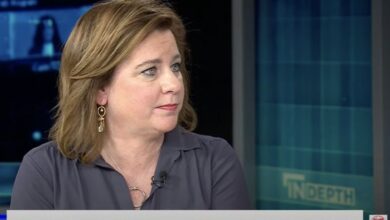Gamblers are betting millions of dollars on who will be the next pope
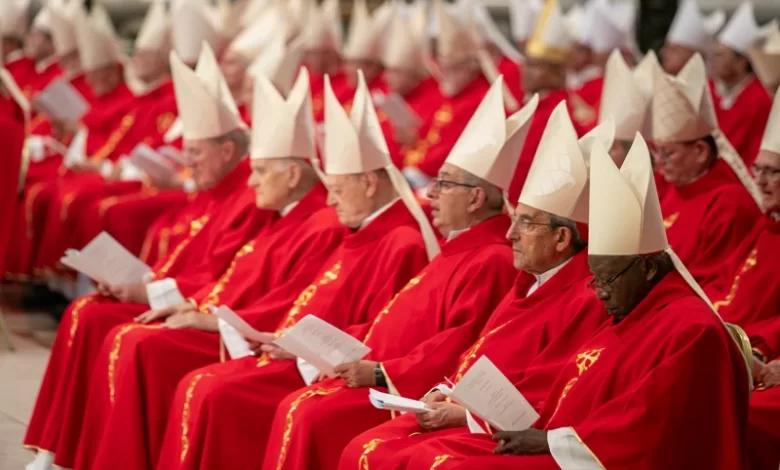
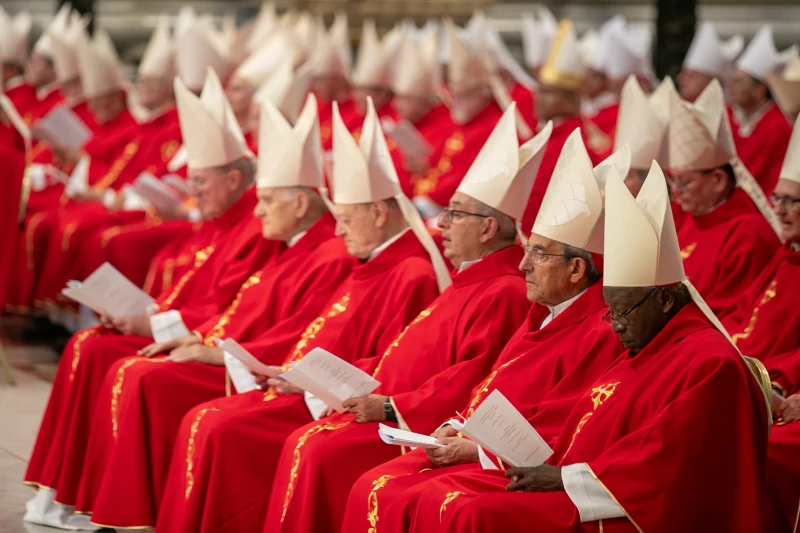 Cardinals celebrate the sixth Novendiales Mass for Pope Francis on May 1, 2025, in St. Peter’s Basilica at the Vatican. / Credit: Daniel Ibañez/CNA
Cardinals celebrate the sixth Novendiales Mass for Pope Francis on May 1, 2025, in St. Peter’s Basilica at the Vatican. / Credit: Daniel Ibañez/CNA Washington, D.C. Newsroom, May 7, 2025 / 07:00 am (CNA).
As online gambling continues to grow in the United States, mostly on sports and casino games, bookmakers have also opened betting markets for a variety of other contests, including the current papal conclave.
The College of Cardinals is now in the midst of a papal conclave to select the next earthly head of the Catholic Church in a solemn closed-door process. This conclave has attracted global interest from Catholics and non-Catholics alike, along with tens of millions of dollars’ worth of bets on the outcome.
Polymarket, a popular cryptocurrency-based betting platform, is overseeing more than $ 18 million worth of bets on the papal conclave. Another platform, Kalshi, is managing nearly $ 6.7 million.
The oddsmakers on Polymarket list Vatican Secretary of State Cardinal Pietro Parolin as the favorite to be selected with 27% odds and rank Filipino Cardinal Luis Antonio Tagle at second with a 22% chance. The cardinals just below them include Matteo Zuppi at 11%, Pierbattista Pizzaballa at 10%, and Peter Erdo at 7%.
Bettors can “buy” a potential winner, which means they are betting on that person to be selected as the pope, or they can “sell,” which is a bet that the cardinal will not be chosen. The specific payouts for every bet depend on the odds set on the platform.
On Polymarket, more than $ 1.3 million has been placed on Tagle’s candidacy, and another $ 1.3 million has been bet on Dutch Cardinal Willem “Wim” Eijk, whom the oddsmakers give 1% odds. More than $ 1 million has also been placed on Parolin, Cardinal Peter Turkson, and Cardinal Robert Sarah each.
The uncertainty of papal conclaves
The limited knowledge of bookmakers and the general public, along with the secretiveness of the papal conclave process and the lack of public campaigning, contributes to uncertainties surrounding the real odds, or chances, that a specific person will emerge as pope.
Tom Nash, a contributing apologist for Catholic Answers, told CNA that it’s clear who “the most well-known cardinals are heading into the conclave,” but that does not necessarily show “how they stack up as papabili in the eyes of their fellow cardinal electors.”
“I think some cardinals who are faring well among the oddsmakers and media, including because of the prominent role they had under Pope Francis, may actually have less of a chance than some others who are considered long shots,” he said.
Nash noted that ahead of the 2003 papal conclave, Cardinal Angelo Scola was “a man whom many thought would continue the gains of Pope St. John Paul II … and Benedict XVI,” yet he “couldn’t muster the needed two-thirds majority.” The cardinals ultimately chose then-Cardinal Jorge Bergoglio, who took the papal name Francis.
Cardinals have already met in more than a week’s worth of pre-conclave congregations, but as Nash pointed out, those are not open to the public.
“The more public the process, the more likely cardinals can be negatively influenced by various means of coercion, including from political leaders,” he said. “And various parties have tried to influence the papal election process over the centuries.”
Nash noted that the 1996 apostolic constitution Universi Dominici Gregis asks cardinals to refrain from receiving or sending messages outside of Vatican City during the election process and prohibits conclave participants from receiving newspapers, listening to the radio, or watching television.
The same document prohibits any “pact, agreement, promise, or other commitment of any kind” to vote for a specific person but does not prohibit the exchange of views before the election or discussions during the conclave that help arrive at a consensus.
“The pre-conclave congregations give the cardinal electors ample opportunity to gain needed information from their fellow electors,” Nash said. “And those who sought to publicly campaign for themselves or others can be sure they would undermine their own credibility and candidacy.”
Is it moral to bet on a papal conclave?
Some Catholics have called into question the morality of betting on the papal conclave.
Gambling on a papal conclave used to be expressly forbidden by the Vatican, but that rule is no longer in effect. Pope Gregory XIV forbade “under the pain of excommunication” any bets on the selection of a pope or the creation of cardinals through the papal bull Cogit Nos in 1591. A 1918 revision of canon law, however, did not formally carry over this ban and no new prohibition has been put into place.
Yet Nash still expressed reservations about gambling on a conclave.
“I think Catholics should prayerfully consider how we can best give witness regarding this 2025 conclave, including because of the solemnity of the event and the possible corruption, God forbid, betting could introduce into the conclave,” Nash said.
He added: “Our actions and related chatter could contribute to an occasion of sin for others, who might have more nefarious designs on the conclave and/or perhaps might bet more than they can afford.”
“While I understand that betting on a conclave is a tempting prospect, we don’t want to reduce this important event to the level of a mere sports competition — even more so because many American Christians and others worldwide are increasingly more religious in their devotion to their favorite sports than in living as committed disciples of Jesus Christ,” he added.
According to the Catechism of the Catholic Church, gambling is not inherently “contrary to justice.” Yet, it becomes “morally unacceptable when [gambling deprives] someone of what is necessary to provide for his needs and those of others [or] the passion for gambling risks [becomes] an enslavement.”


